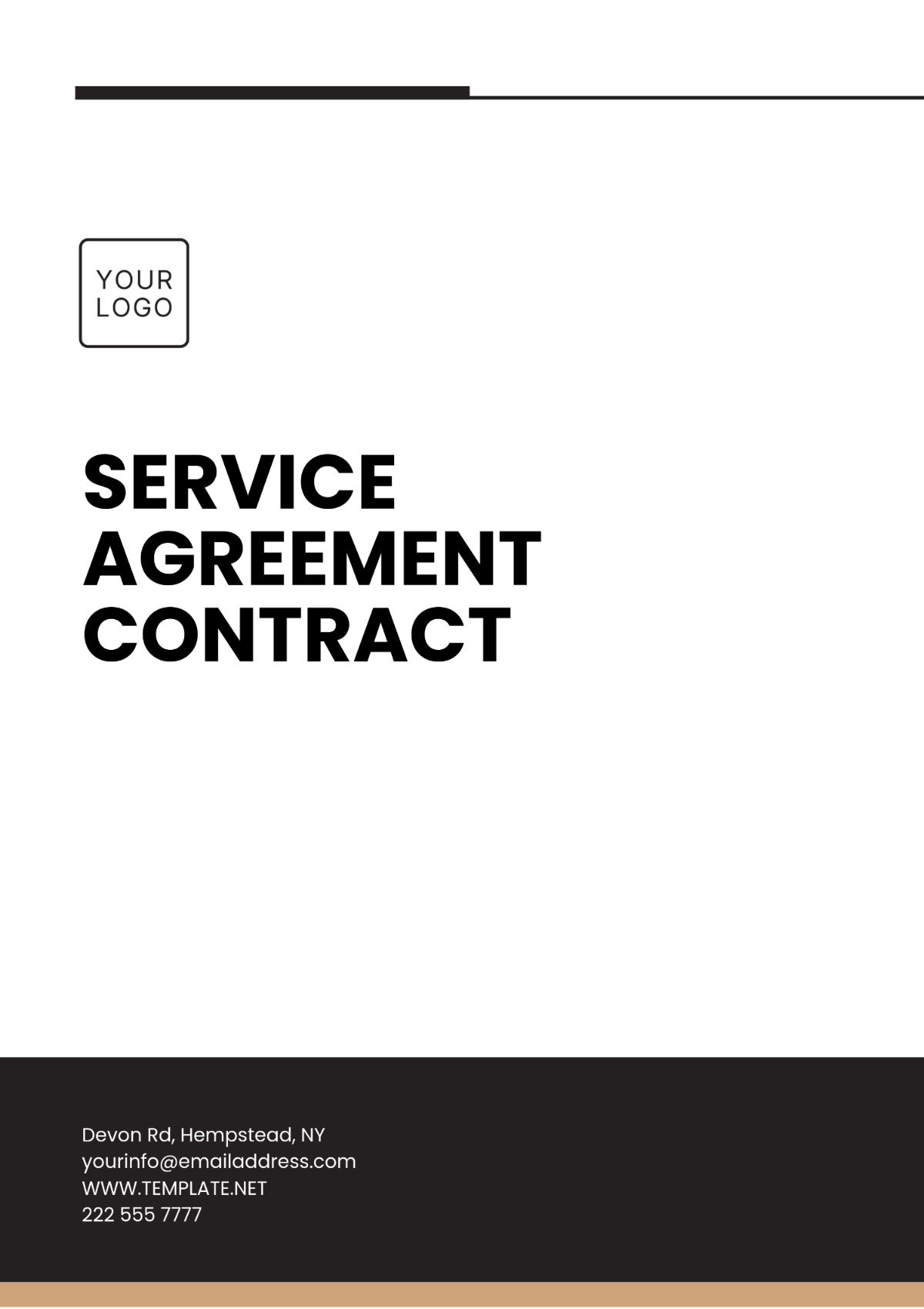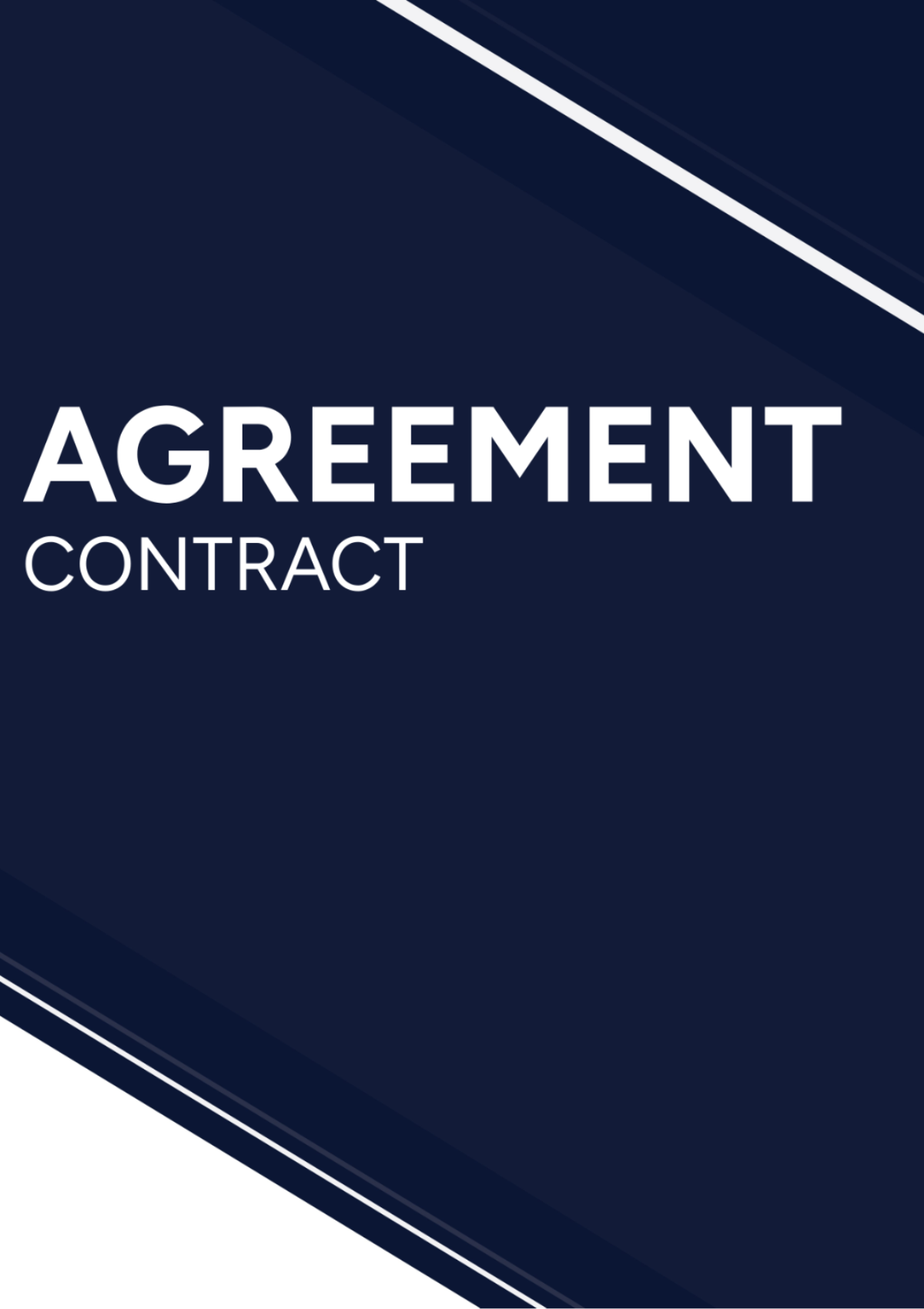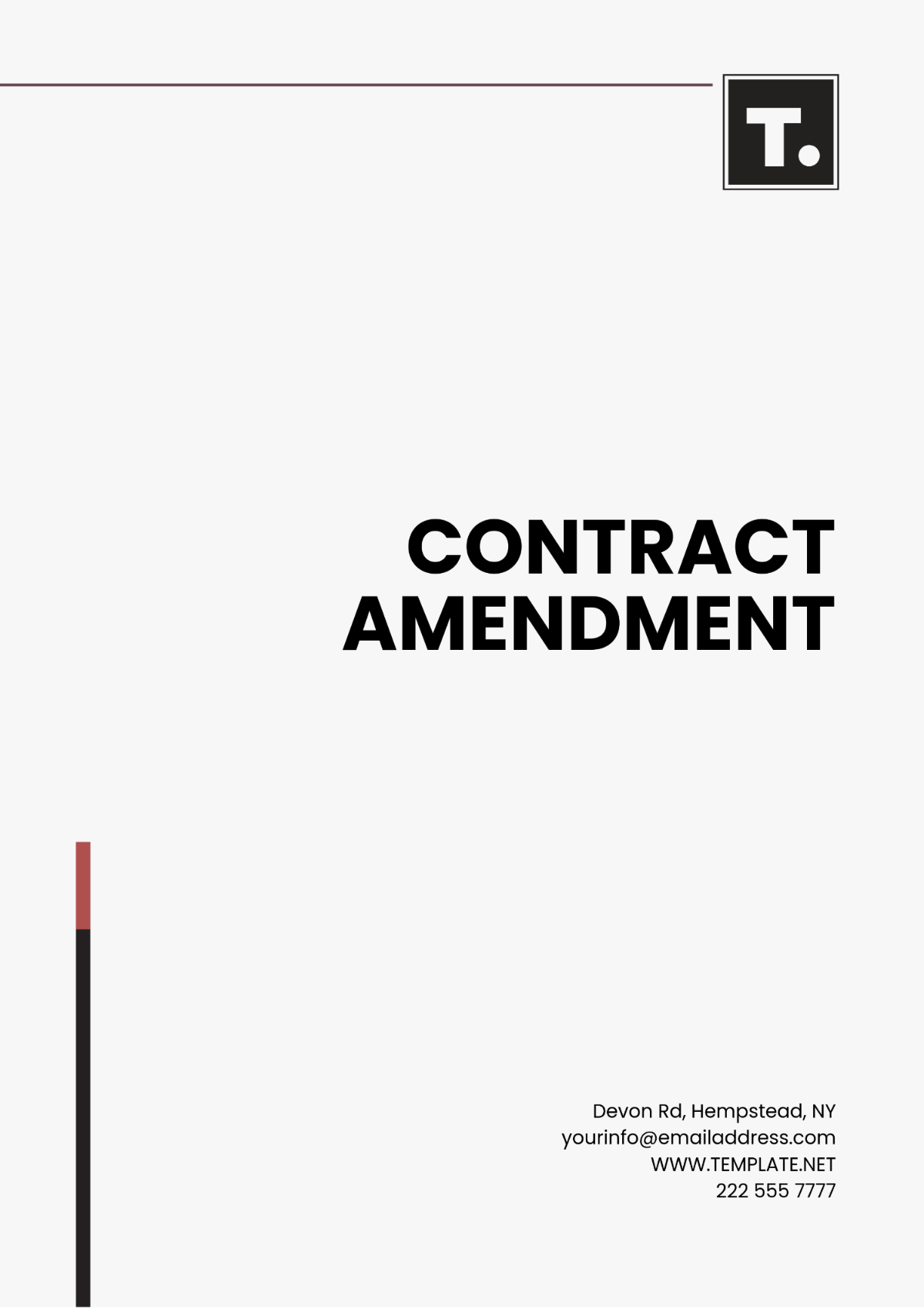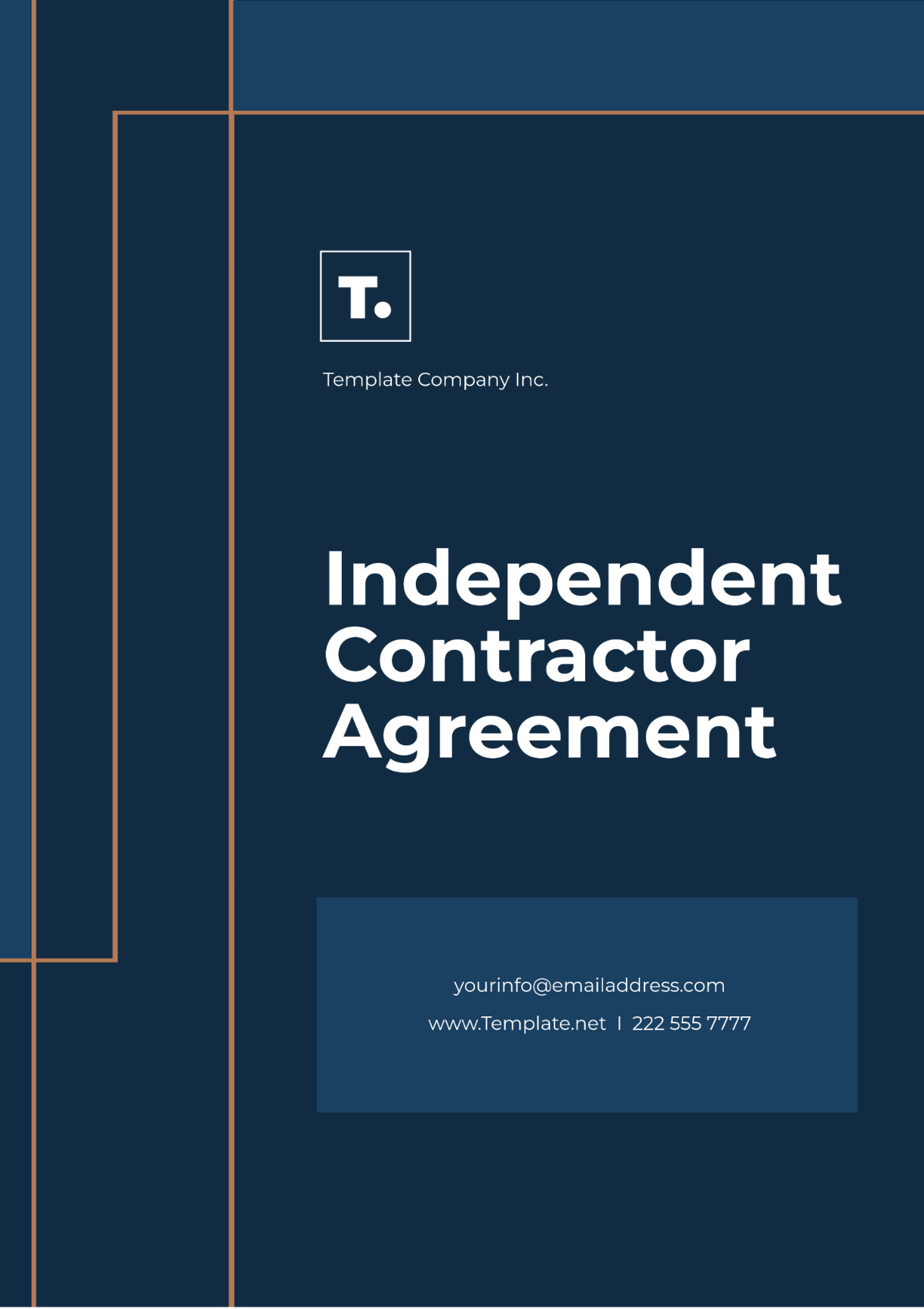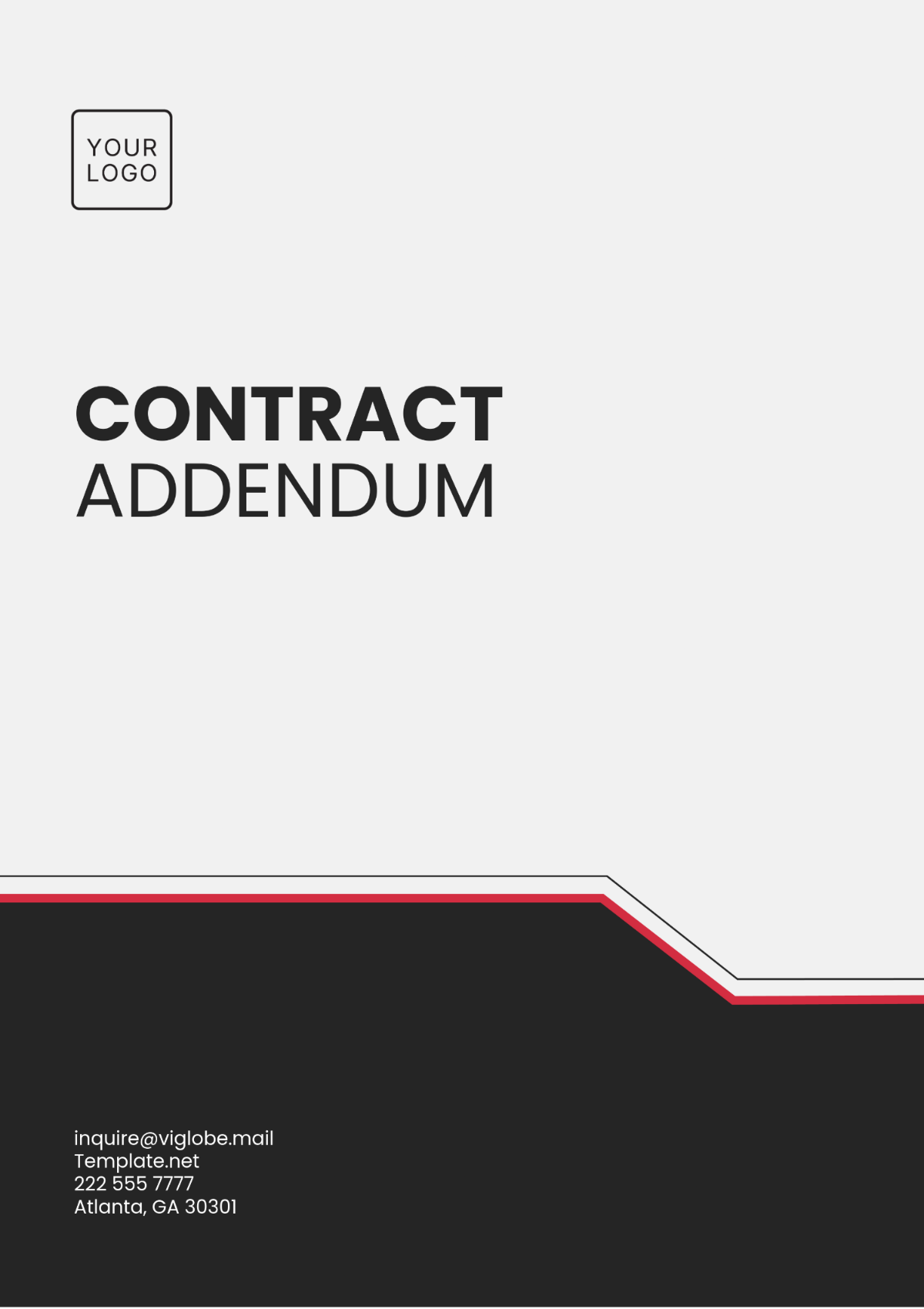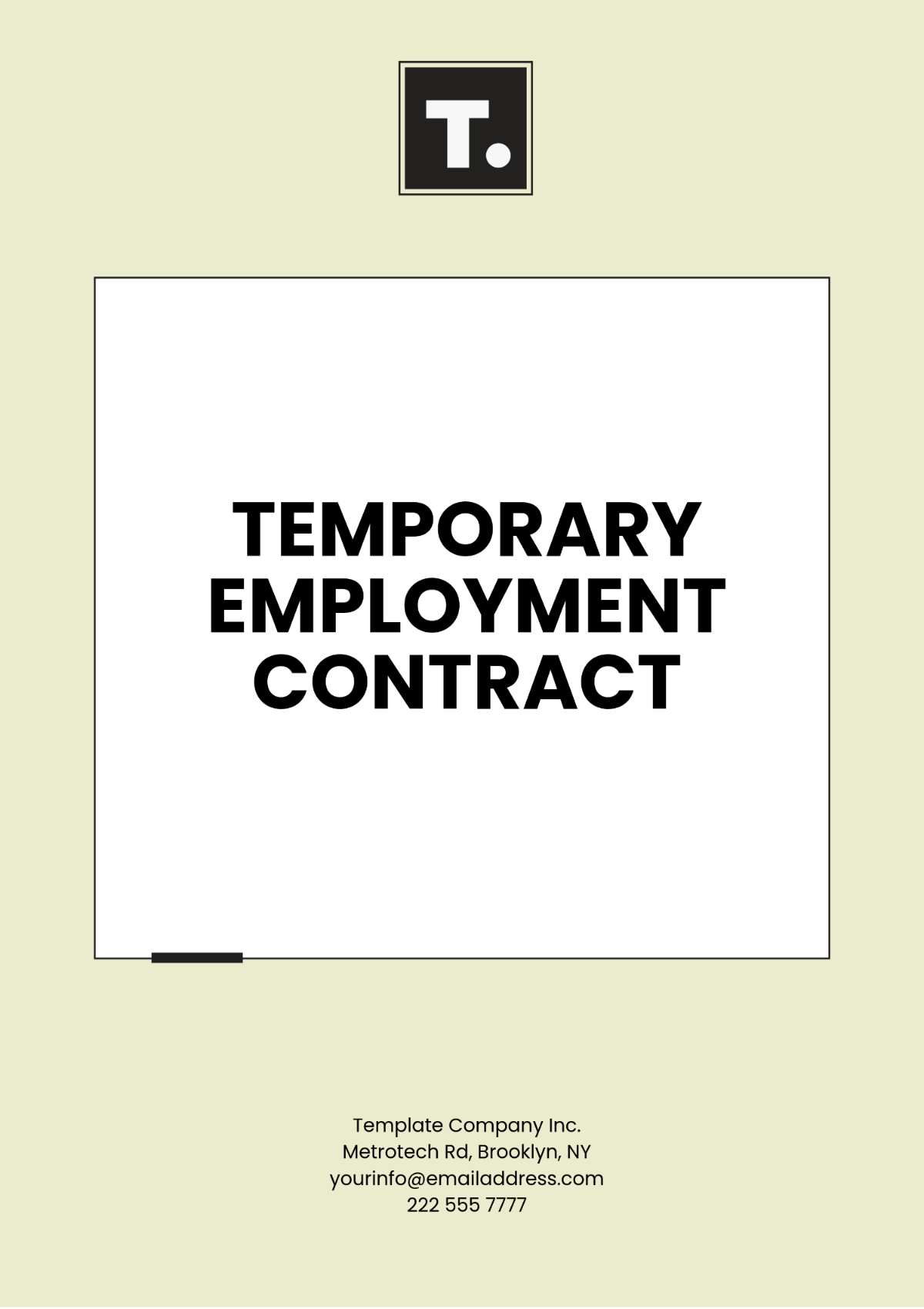Subcontractor Requirements
1. Overview
This document delineates the comprehensive requirements and guidelines that subcontractors must adhere to when engaged in projects. The purpose is to ensure that all subcontracted work meets the highest standards of quality, consistency, and compliance with all relevant industry regulations and standards. By adhering to these requirements, subcontractors contribute to the successful completion of projects while maintaining integrity and professionalism.
2. Prequalification Criteria
2.1 Legal Compliance
Subcontractors are required to meet the following legal compliance criteria to ensure legitimacy and regulatory adherence:
Valid Business License: Subcontractors must possess a valid and up-to-date business license applicable in their operating region.
Current Liability Insurance: Proof of current liability insurance coverage must be provided, covering all relevant risks associated with the subcontractor's scope of work.
Compliance with Regulations: Subcontractors must demonstrate compliance with local, state, and federal regulations, including industry-specific regulations.
2.2 Financial Stability
To assess financial viability, subcontractors must provide evidence of financial stability:
Financial Statements: Submit audited financial statements for the past two fiscal years, providing a comprehensive overview of the subcontractor’s financial health.
Credit Report: Provide a current credit report from a recognized credit reporting agency, detailing creditworthiness and financial reliability.
2.3 Experience and Workforce
Subcontractors must showcase relevant industry experience and the qualifications of their workforce:
Industry Experience: Provide a detailed list of past projects, including descriptions, outcomes, and references from previous clients. This demonstrates experience and capability in handling similar projects.
Key Personnel: Submit resumes of key personnel involved in the project, highlighting their relevant skills, qualifications, and experience to ensure they meet the project's requirements.
3. Contractual Obligations
3.1 Scope of Work
Subcontractors must strictly adhere to the defined scope of work as outlined in the contract. Any proposed deviations or modifications must be formally approved in writing by the main contractor.
3.2 Deliverables and Milestones
Clear and specific deliverables and milestones must be outlined in the subcontractor agreement. The subcontractor is responsible for meeting these deadlines as follows:
Project Plan: To be submitted within 2 weeks from the project start date. The plan must be reviewed and approved by the Project Manager.
Progress Reports: Monthly progress reports are required, detailing completed tasks, upcoming milestones, and any issues encountered. These reports must be accepted by the Project Coordinator based on defined criteria.
3.3 Payment Terms
Payment terms must be explicitly defined in the contract and typically include:
Milestone-Based Payments: Payments are made upon the completion of specific project milestones.
Net 30 Days: Payments are due within 30 days from the receipt of the invoice.
Retention: A portion of the final payment may be withheld until project completion to ensure satisfaction of all contract terms and conditions.
4. Quality Assurance
4.1 Quality Standards
Subcontractors must adhere to established quality standards and conduct regular quality assurance checks to maintain the highest level of workmanship.
4.2 Inspections and Audits
The main contractor will conduct periodic inspections and audits to verify compliance with quality and safety standards. These inspections are essential to ensure that all work is performed to the required standards.
4.3 Corrective Actions
In the event that deficiencies are identified, subcontractors are required to promptly implement corrective actions. Documentation of these corrections must be provided to demonstrate resolution and adherence to standards.
5. Safety and Environmental Requirements
5.1 Safety Protocols
Subcontractors must follow all established safety protocols and ensure that their personnel receive appropriate safety training. Compliance with safety regulations is crucial to prevent accidents and ensure a safe working environment.
5.2 Environmental Compliance
Subcontractors are required to adhere to environmental regulations and implement sustainable practices throughout the project. This includes managing waste, reducing environmental impact, and following best practices for environmental protection.
6. Reporting and Communication
6.1 Regular Reporting
Subcontractors must submit regular progress reports as specified in the contract. These reports should provide detailed updates on project status, including any challenges faced and solutions implemented.
6.2 Communication Channels
Effective communication is critical to project success. Subcontractors must utilize established communication channels for project updates, issue resolution, and coordination with the main contractor. Clear and timely communication helps in addressing issues promptly and ensuring smooth project execution.
7. Performance Evaluation
Subcontractor performance will be evaluated based on predefined metrics, which include:
Quality of Work: Assessment of adherence to quality standards and specifications.
Timeliness: Evaluation of the subcontractor’s ability to meet project deadlines and milestones.
Communication: Review of the effectiveness of communication and reporting practices.
Failure to meet performance standards may result in penalties or termination of the contract, as well as potential impacts on future subcontracting opportunities.
Requirements Templates @ Template.net



